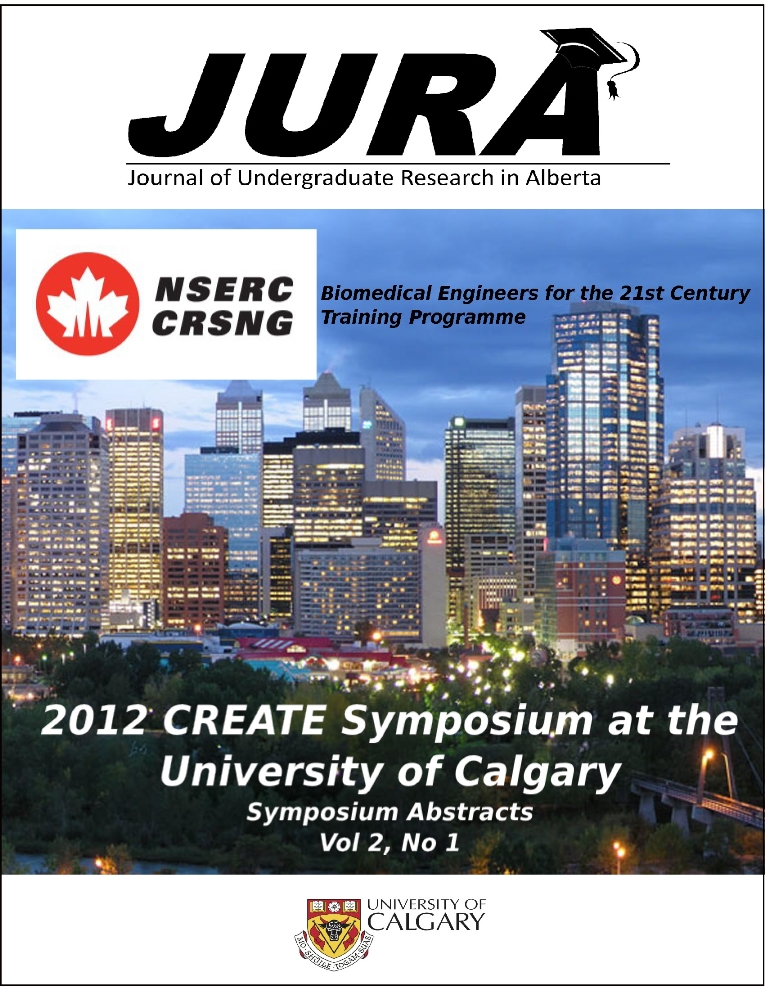Influence of Forefoot Bending Stiffness on Metatarsophalangeal Joint Kinematics, Kinetics and Performance of American Football Players
Abstract
Hyperextension of the metatarsophalangeal (MTP) joint results in a commonAmerican football injury known as ’turf-toe’; the tearing of the plantar capsuleligament1.One variable that is possibly related to turf-toe is the longitudinal bendingstiffness of the forefoot of football cleats2. It is speculated that cleats with low forefootbending stiffness allow the MTP joint to extend too much during play, resulting indangerous strain on the plantar capsule-ligament. The purpose of this study wastherefore to investigate if increasing forefoot bending stiffness of American footballcleats can help protect the MTP joint from hyperextension without negatively affectingperformance. Ten football players performed four maximal effort football movements(5-10-5 agility drill, 5 m sprint, broad and vertical jumps) on artificial turf installedin the laboratory. Each movement was performed three times in three different cleatconditions that varied only in forefoot bending stiffness; low (12.7 N/mm), moderate(23.8 N/mm), and high (42.4 N/mm). The artificial turf installation allowed for thecollection of 3-D kinetic and kinematic data necessary to analyze MTP joint angles andmoments. The performance of each movement was quantified. The sprint start andthe broad jump were associated with the largest MTP extension angles (approximately33 deg and 43 deg, respectively). For both of these movements, peak MTP extensionangle was decreased with the stiffer shoes. This was not true for the agility drill orvertical jump; however, the peak MTP joint extension angles for these movements wererelatively small (<18 deg). The MTP moment data are currently being analyzed. For allfour movements, increasing forefoot stiffness did not negatively affect performance.The results of this study thus far indicate that increasing forefoot bending stiffness inAmerican football cleats may be a viable way to help protect the foot from turf-toewithout compromising performance.Downloads
Download data is not yet available.
Downloads
Published
2012-10-25
Issue
Section
Articles
License
Authors retain all rights to their research work. Articles may be submitted to and accepted in other journals subsequent to publishing in JURA. Our only condition is that articles cannot be used in another undergraduate journal. Authors must be aware, however, that professional journals may refuse articles submitted or accepted elsewhere—JURA included.


